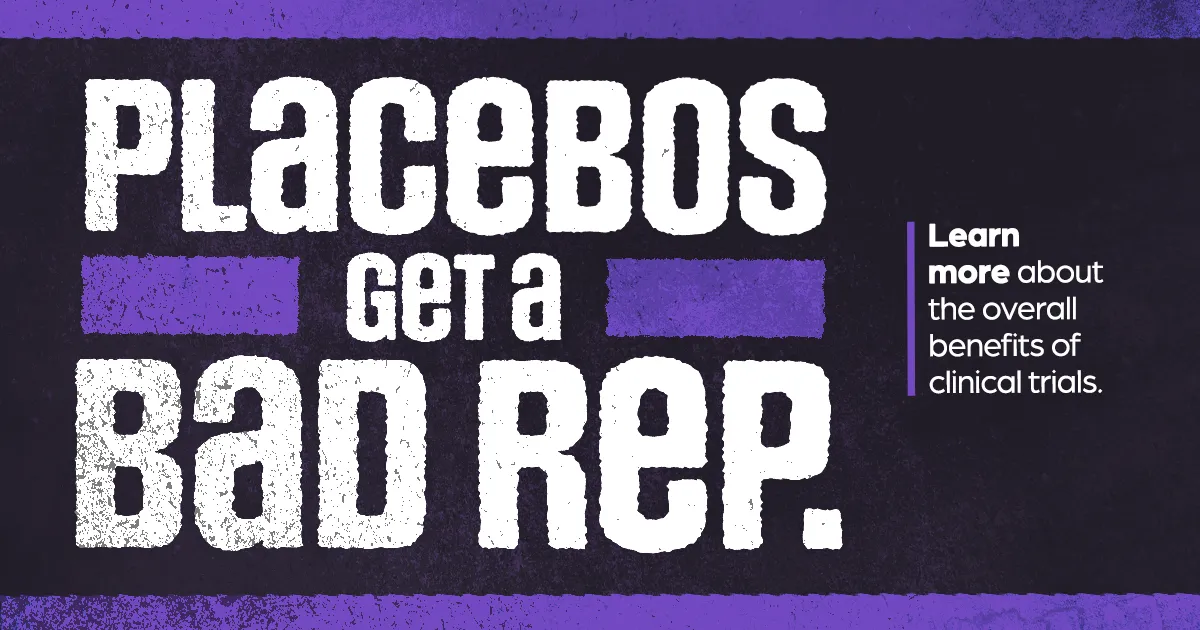Clinical trials are essential for advancing medical research and developing new treatments. However, one fascinating aspect of these trials is the placebo effect, where patients may experience improvements in their condition due to the mere belief that they are receiving active treatment. While the placebo effect is a testament to the power of the mind, it can complicate the interpretation of trial results. To ensure the accuracy of findings, patients can play a crucial role in mitigating the placebo response. Here are some tips on how patients can contribute responsibly to clinical trials.
Educate Yourself:
Understanding the nature of clinical trials, the placebo effect, and the purpose of the study can empower patients to manage their expectations. Knowledgeable participants are more likely to approach the trial with a realistic mindset, reducing the likelihood of experiencing exaggerated placebo effects.
Open Communication:
Maintaining open and honest communication with the research team is vital. Share your concerns, expectations, and any changes in your condition openly. This collaboration can help researchers differentiate between the placebo effect and genuine treatment responses, ensuring the trial’s integrity.
Consistent Reporting:
Accurate and consistent reporting of symptoms and experiences is crucial for researchers to discern the impact of the treatment. Patients should diligently record any positive or negative changes in their health throughout the trial. This information helps researchers distinguish between actual therapeutic effects and placebo responses.
Focus on Objectivity:
Remembering objectives when evaluating your health during a clinical trial is essential. Be mindful of cognitive biases that may influence your perceptions. Instead of attributing changes solely to the treatment, consider other factors that could contribute to your well-being.
Participate Actively in Assessments:
Engage wholeheartedly in assessments and follow-up appointments. Provide thorough and accurate feedback, even if it means reporting minimal or no changes. Researchers need this information to understand the treatment’s impact and distinguish between real therapeutic effects and psychological responses.
Mindful Lifestyle Choices:
Maintain a stable and consistent lifestyle throughout the trial. Changes in diet, exercise, or other habits can impact your well-being, potentially influencing the placebo effect. By keeping these factors constant, you contribute to the trial’s reliability and help researchers draw accurate conclusions.
Join Support Groups:
Connect with fellow participants through support groups organized by the research team. Sharing experiences with others can provide valuable insights and emotional support. However, be cautious not to let group dynamics amplify or distort individual perceptions of treatment effects.
Clinical trial participants are pivotal to the advancement of medical science, and their contributions can shape the future of healthcare. By understanding and actively mitigating the placebo effect, patients play a crucial role in ensuring the reliability of trial results. Through open communication, objective reporting, and a commitment to consistency, participants empower researchers to distinguish between genuine treatment effects and the influence of the mind. As we navigate the complex landscape of clinical trials, responsible patient participation is a cornerstone for scientific progress and the development of safe and effective treatments.
Trovaré Clinical Research is an independent, multi-specialty research facility located in Bakersfield, California. Adults 18 – 80 years of age who are considering bunion removal surgery may qualify for clinical trials currently enrolling at Trovaré Clinical Research. Qualified participants may see a study doctor at no cost, have access to study medications, and receive compensation for time and travel. Click here to learn more, or call us at 661-663-3096.

